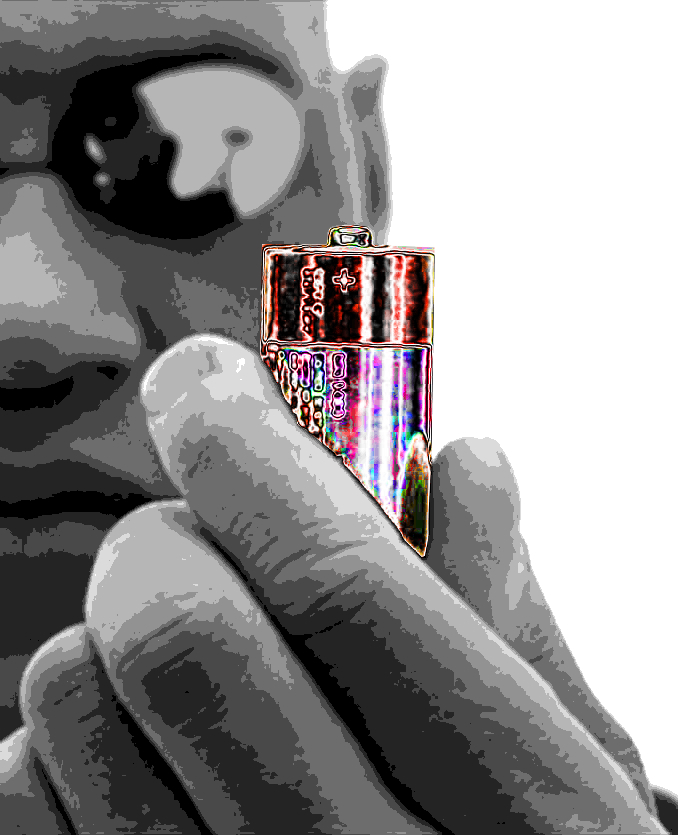Battery deal to push next generation
 Some of Australia’s top scientists have teamed up with a Japanese chemical firm to build next-gen batteries.
Some of Australia’s top scientists have teamed up with a Japanese chemical firm to build next-gen batteries.
A new partnership between Australia’s national science agency, CSIRO, and Japanese specialist chemical manufacturer, Piotrek, has been formed with the hope of seeing Australian-developed battery technologies commercialised globally within the next five years.
The partnership will develop the next generation of Solid Polymer Electrolytes (SPEs) for lithium batteries using CSIRO's proprietary RAFT (Reversible Addition-Fragmentation chain Transfer) polymer technology and Piotrek's Ion Conducting Polymers (ICP).
General Manager at Piotrek, Mr Ihei Sada, said combining the CSIRO SPE with Piotrek ICP will give his company a big market advantage.
“This partnership will help Piotrek make our batteries safer and more efficient, and with our industry reach, we will get our advanced batteries to the market faster,” Mr Sada said.
“Together we will develop the world’s safest, longer life solid state high energy battery.”
Solid state batteries are a class of lithium batteries that typically use a lithium metal anode, the highest specific energy of all battery anodes, enabling next generation batteries with twice as much energy than today’s lithium battery technologies. Additionally, there is no volatile or flammable liquids inside a solid state battery that can catch fire at low temperatures if the cell is damaged.
CSIRO Battery Research Leader, Dr Adam Best, said that with several companies already active in this field, there are proposals to have solid state battery enabled devices in the market by 2025, if not sooner.
“Our RAFT technology allows us to tune our SPEs’ properties to expand their versatility for different types of batteries and fuel cells, and will also significantly reduce the cost of device assembly and manufacture,” Dr Best said.
CSIRO’s Dr John Chiefari is a co-inventor and co-developer of the RAFT polymer technology, and says the exciting collaboration with Piotrek will bring together battery technologies from both organisations to fast- track the development of an SPE for use in high energy (4.5-5V) Lithium batteries for electric vehicles and drones.
“By developing and exploiting disruptive technology platforms, we’re supporting the creation of new businesses and industries for Australia and the world,” Dr Chiefari said.
“This development will underpin the growth of high energy batteries for the electric vehicle market,” he said.
CSIRO is also working with Piotrek to automate electrolyte processes using robots, and to license a new electrolyte recipe.








 Print
Print